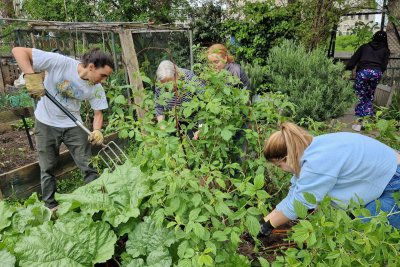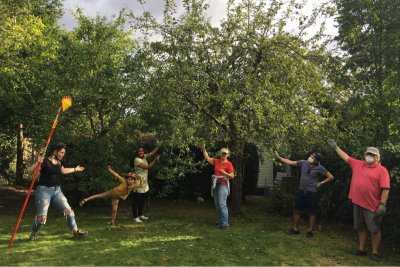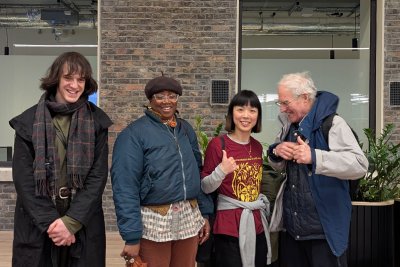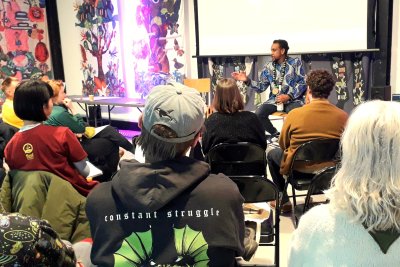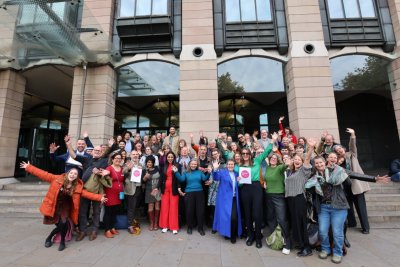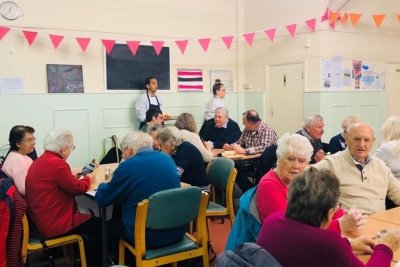 Lunch club in Hastings. Credit: Hastings Voluntary Action
Lunch club in Hastings. Credit: Hastings Voluntary Action
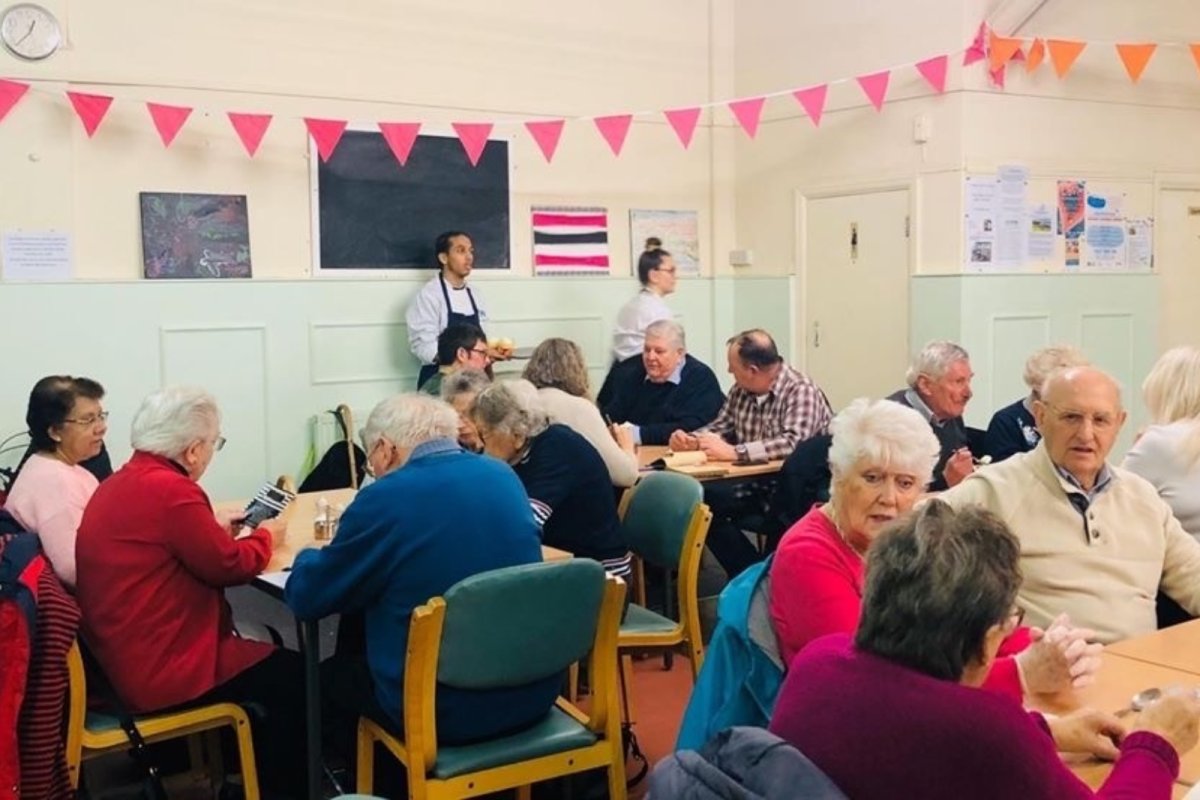
Sheffield University launches toolkit to tackle food access barriers for older and disabled people
The Local Action Mapping Tool can help local authorities to identify gaps and opportunities for better food access for disabled and older adults, highlighting best practices examples and recommendations.
The University of Sheffield has developed a Local Action Mapping Tool to highlight the challenges faced by disabled and older people accessing food across the UK. This toolkit was informed by previous research titled "Food at home: A knowledge exchange project exploring disabled and older people’s access to food in their own homes", conducted by Hannah Lambie-Mumford and Simon Shaw. Sustain's team made key contributions, bringing experience from our Good Food Local and Food Poverty work.
This tool is designed to help stakeholders and local authorities identify key leverage points to ensure individuals have access to nutritious, healthy, and culturally appropriate food.
The Local Action Mapping Tool aims to support organisations to identify opportunities to understand the food needs of disabled people better and to highlight and audit gaps across services and departments. It also urges for more joined-up action across local authorities, health care trusts and partners.
The tool categorises possible intervention areas into different local authority functions including strategy and engagement; information and financial advice; health, care and wellbeing; public health; housing and environment planning; and support for community organisations.
The paper highlights exemplary case studies from these key areas, demonstrating effective approaches already in place. Notable examples include:
-
Bexley Council’s "Bexley Boxes", a winter delivery service for elderly residents containing items such as hot water bottles and soups.
-
The development of “Age Friendly Communities” in local areas, to ensure older people can access food.
-
Wandsworth Council’s Lunch Clubs, provide access to substantial meals and reduce social isolation.
By using this tool, local authorities and partner organisations can collaborate effectively to prevent the exclusion of disabled and older adults from food systems, ensuring an approach that delivers holistic and sustainable support to those in need.
For further details, access the toolkit, “Food at Home for disabled and older people: Local action mapping tool”.
Food Poverty: Championing people-powered projects that tackle the root causes of food poverty.
Sustain
The Green House
244-254 Cambridge Heath Road
London E2 9DA
020 3559 6777
sustain@sustainweb.org
Sustain advocates food and agriculture policies and practices that enhance the health and welfare of people and animals, improve the working and living environment, promote equity and enrich society and culture.
© Sustain 2026
Registered charity (no. 1018643)
Data privacy & cookies
Icons by Icons8
